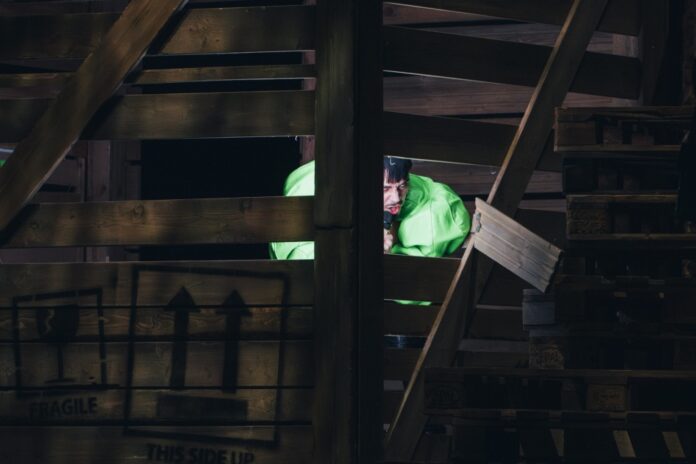
By Jessica A. Dennehy
Eurovision, the competition that marked the beginnings of the careers of musical artists including Celine Dion and ABBA, is once again starting up across the pond. This year of Eurovision marks the 68th edition of the competition. Each year, the nations who compete will personally select a representative to compete with an original song, which is typically selected through a national level musical competition in early spring. The actual competition consists of the nationally selected musical artists competing for the digital popular vote of Europe, with creative and borderline atrocious acts resulting from the competition for people’s hearts. The competition is typically held in the nation of the previous victor. The competitors this year consist of 37 nations, mostly in Europe with the exception of Australia and Israel. This year’s competition will be held in Malmö, Sweden due to Sweden’s previous victory with “Tattoo” by Loreen during May 7-11th. At this point, nations have begun submitting their representatives and their original songs, with most already announced and the minority promising a response by the end of March. The show will be presented by Petra Mede and Malin Åkerman.
The current favorite to win is Croatia, with a 17% chance of winning with their representative of Baby Lasagna and the performance of “Rim Tim Tagi Dim”. “Rim Tim Tagi Dim” consists of a humorous and light hearted approach to the ongoing issue of many young Croatians leaving the country for better opportunities elsewhere. In a close second with 15% chance of winning is Ukraine. They are represented by Aylona Alyona and Jerry Heil and will be performing “Teresa and Maria”–a song using Mother Teresa and the Virgin Mary as symbols of hope in the ongoing conflict to represent the survival of “charity, love, and unification”. Battling for an assumed third place is Italy’s “La Noia” (In English: The Boredom), being sung and performed by Angelina Mango. This is Mango’s interpretation of time and how to live life. When asked to explain the meaning behind the song, she says, “It is time that you dedicate to yourself, it allows you to discover yourself. Between a life of highs and lows and one of boredom, I will always choose one of highs and lows, but I will always leave myself time for boredom as well.” Some other representatives of note include The Netherlands’ submission of Joost Klien with “Europapa” and Greece’s Marina Satti’s submission of “Zari”.
While Americans proceed to ignore the entirety of the competition, we have enjoyed many previous Eurovision winning songs on the Billboard and our radios. While Celine Dion (Switzerland’s representative in 1988 with “Ne Partez Pas Sans Moi”) and ABBA (Sweden’s representative in 1974 with “Waterloo”) can arguably dedicate their careers to the international competition, many singular songs you may recognize also stem from Eurovision. Such examples of previous winners include but are not limited to: “Fairytale” by Alexander Rybak (Victor of 2009, representing Norway), “Euphoria” by Loreen (Victor of 2012, representing Sweden), “Toy” by Netta (Victor of 2018, representing Israel), “Arcade” by Duncan Lawrence (Victor of 2019, representing The Netherlands), and “Zitti E Buoni” by Måneskin (Victor of 2021, representing Italy). However, not all of the memorable submissions won first place. While “SNAP” by Rosa Linn, the 2022 Armenian choice, placing 20th; “Queen of Kings” by Allessandra Mele, the 2023 representative of Norway, placing 5th; and “Cha Cha Cha” by Käärijä, the Finnish representative of 2023, placing 2nd, may not have won the competition, they, and many others, most certainly won the people’s hearts.









